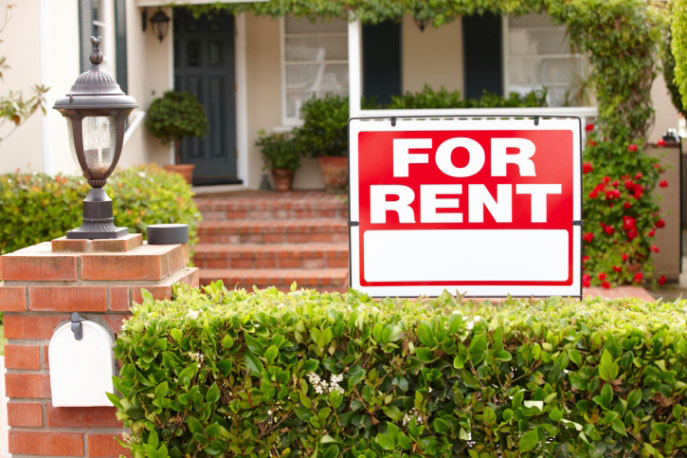There are many reasons why you might want to rent out your home. Some individuals strategically own homes as rentals, while others rent their homes out of necessity. Perhaps the market is too soft, you’re only out of town for a temporary relocation, and/or you owe more money than the house is worth. Regardless of the reason, here are a few simple steps to help you get your home LEASED.
The first question you need to ask yourself is whether or not you’d like to handle the property management. If you don’t, then the process will be very simple because you can let the professionals handle every aspect of it. For an article on the benefits of using a property management company, be sure to read Pros and Cons of Using a Property Management Company for Your Home Rental. If you’re up for the job, then the next several steps will guide you through the overall process.
Start by determining the fair market value of your home. Dig around local listings and find out the values on similar homes in your area; it will let you know both what price to charge on the rent as well as the expected condition. Be sure to compare bedrooms, bathrooms, utilities, parking, and other amenities. While searching through the rentals, you may notice updated features that allow for increasing the rental price. Be honest with yourself on the current condition of your home and/or be willing to renovate so that you can gain the most accurate rental price.
As you begin, you’ll also want to research the legal implications of putting your home up for rent. It’s best to know on the front end if there are certain codes and laws you’ll need to abide by as a landlord. It may be prudent to ask a legal professional about any policies that you might need to follow. At the same time, it’s important to have a lease agreement that spells out all of the terms and responsibilities for each party. This lease agreement will need to comply with the previously mentioned codes and policies. Read on for more about understanding your rental agreement.
Assuming your house is clean and you’ve got your ducks in a row from a legal standpoint, it’s time to start advertising your property. In most cases, just a sign in the yard may suffice; however, in light of social media today, it will benefit you to consider having professional photos taken. You can create an online presence by submitting your home on several rental sites that will drive traffic your way. Local newspaper ads can be beneficial also. Make sure you highlight all the special features in your listing. As accurately as possible, describe the terms of the agreement and what’s required from a potential tenant. Make sure your requests are reasonable and do not violate any housing discriminatory laws.
Keep in mind that once you list your home for rent, you’ll start getting calls. Be ready for spammers, solicitors, and some interesting phone conversations. Your safety is of the highest priority, so be sure to ask good pre-screening questions of all interested parties. At a minimum, get their name, address, and contact information. You may consider having all prospects fill out an application (with references) and conducting a background check prior to showing them the property. Some landlords even require a $25 processing fee to run a credit check.
Once you’ve done a credit check and criminal background check, it’s crucial to choose the right tenant. Be sure to adhere to federal and state fair housing rules while selecting the tenant. It’s best to make it strictly a business decision. A security deposit and a signed lease agreement is the last step into getting your home LEASED.
Putting your home up for rent can be a daunting, but lucrative task. If you do your homework on the front end, know the laws/policies, get your home in good condition, carefully screen and select the right tenant, and fulfill your side of the bargain, it can be a rewarding experience. Learn from others mistakes and don’t delay on reaching out to professionals to help you through the process. If you’re still on the fence on whether to sell or rent, get a better idea on how to proceed with Should You Sell or Should You Rent.

